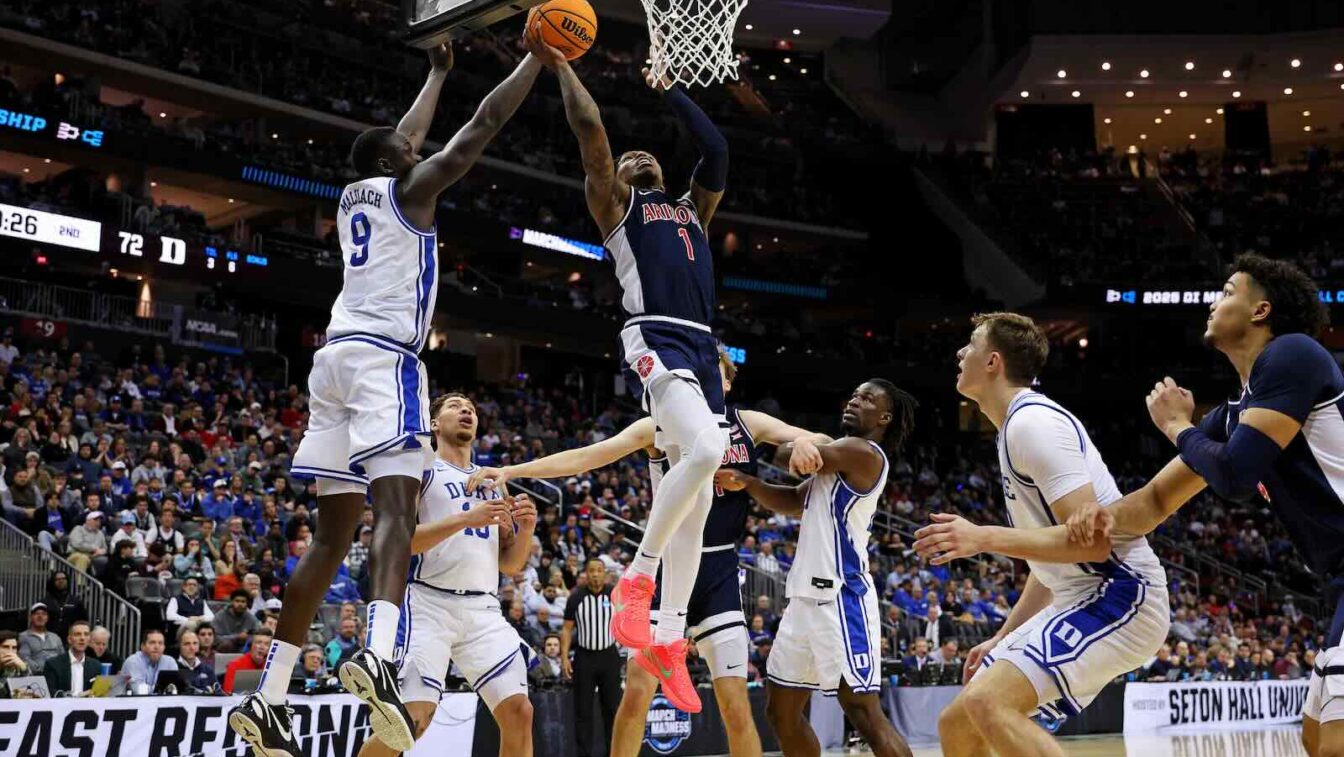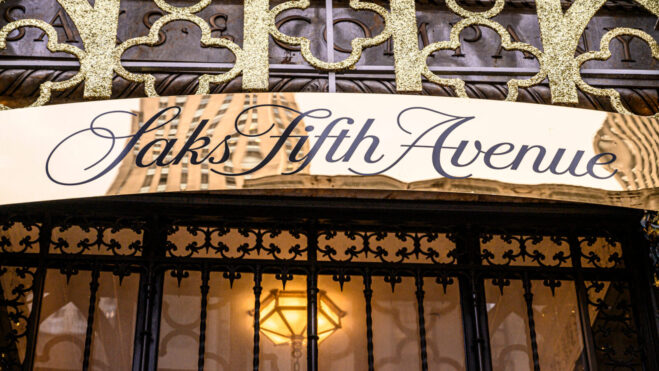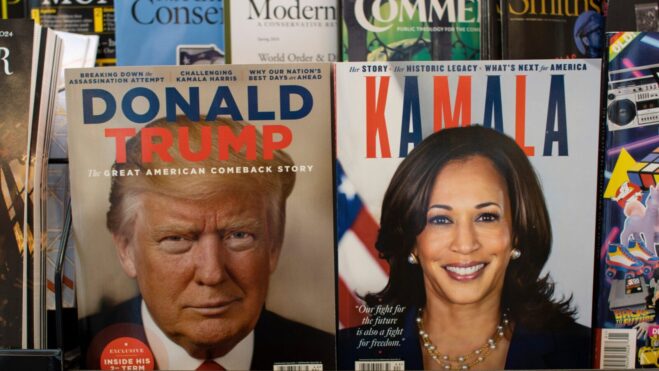Kalshi CEO Says He Was ‘Left With No Choice’ But To Sue New Jersey, Nevada Regulators
Suits seek declaratory and injunctive relief to prevent agencies ‘enforcing their preempted laws’
4 min

Kalshi dramatically raised the stakes over the weekend in the battle over whether it operates a legal prediction market for sports event-based outcomes, filing lawsuits in response to the cease-and-desist letters sent by gaming regulators from Nevada and New Jersey.
In a LinkedIn post Sunday explaining the decision to file, Kalshi CEO Tarek Mansour said prediction markets are more than simply places to trade contracts, calling them “quintessential truth machines.” He said they “mobilize the most elegant and effective properties of free financial markets towards the pursuit of unbiased truth.”
Mansour claimed filing the lawsuits against agencies overseeing two of the biggest regulated sports betting marketplaces in the U.S. was a last resort of sorts, saying, “We have made every effort to engage proactively with both Nevada and New Jersey and try to educate them about prediction markets, how they are regulated, and how critical they are … but our words fell on deaf ears.”
According to Kalshi’s website, $323 million worth of contracts for the men’s NCAA Tournament had been traded nationwide as of Monday morning. Another $56.3 million worth of contracts had been traded for the women’s NCAA Tournament, which will determine its final two national semifinal participants Monday evening.
Kalshi vs. New Jersey
Kalshi’s lawsuit against New Jersey Division of Gaming Enforcement Interim Director Mary Jo Flaherty, New Jersey Attorney General Matthew Platkin, and the New Jersey Casino Control Commission tries to address the two reasons the NJDGE sent Kalshi and Robinhood cease-and-desist orders last week.
In the filing with the U.S. District Court in New Jersey, Kalshi argues that the NJDGE’s request to terminate its New Jersey-based contracts “immediately” would subject Kalshi to state regulations that the Commodities Futures Trading Commission (CFTC) was specifically created by Congress to prevent. Using that distinction, Kalshi reasons that the Supremacy Clause of the Constitution preempts the NJDGE’s actions “because Congress has occupied the entire field of regulating futures derivatives on CFTC-approved exchanges, and because Defendants’ acts would squarely conflict with federal policy.”
Kalshi is seeking declaratory and injunctive relief to prevent said agencies from “enforcing their preempted laws” as well as an emergency temporary restraining order and preliminary injunction to “avoid immediate and irrepreable harm that would result from the Defendants’ unlawful acts.”
Kalshi also noted in its filings it had multiple meetings with the New Jersey state agencies to address the issue of violating the state Constitution as claimed in the cease-and-desist letter. New Jersey has a carveout in its sports betting law that prohibits wagering both on in-state schools as well as on any collegiate events played in the state.
The NCAA Tournament East Region semifinals and finals were played at the Prudential Center in Newark. Kalshi considered the DGE’s request to “unwind any existing contracts relating to those games and cease offering them in the state going forward,” but told the agency it was “infeasible for the platform to unwind existing contracts related to the collegiate basketball games occurring simultaneously.”
Further, Kalshi said denying New Jersey users of the marketplace would put its registration as a designated contract market with the CFTC at risk. In using the Supremacy Clause as its argument, Kalshi acknowledged an “actual and substantial controversy exists between Plantiff and Defendants as to their respective legal rights and duties” while also claiming the agencies’ potential alleged conduct would result in “irreparable injury to Plantiffs” that included criminal liability, economic hardship, and impairment of existing contractual relationships.
Front Office Sports reported that Robinhood, which also received a cease-and-desist letter from the NJDGE and created a standalone predictions market hub in partnership with Kalshi for the NCAA Tournament, took down its market offerings in New Jersey.
Kalshi vs. Nevada
The Nevada Gaming Control Board sent its cease-and-desist letter to Kalshi first on March 4, but Kalshi requested and received an extension to respond to that letter that preceded Sunday’s filing.
Kalshi presents similar precedent and reasoning to its New Jersey lawsuit in seeking an emergency temporary restraining orders and preliminary injunctions against the Nevada Gaming Control Board and Nevada Gaming Commission.
Kalshi argued in its filing that an event contract “is a recognized financial tool to mitigate risk.” It is an option that is traded on an exchange with value determined by market forces and the price of that contract will fluctuate “in accordance with changing market perceptions about the likelihood of the event’s occurrence.”
The company also argued here the CFTC, as a creation of Congress, was designed to oversee and regulate such exchanges. The CFTC also certified Kalshi as a designated contract market in 2020, giving it the ability to offer such markets.
Kalshi also noted the CFTC’s 2023 review of its congressional control contracts and the agency’s eventual order in September 2023 prohibiting Kalshi from offering such contracts. Kalshi successfully sued the CFTC in U.S. District Court in Washington D.C., winning a judgment last October to offer congressional control contracts. In some ways, that judgment may have opened the door for Kalshi to offer sport-based event contracts that began in earnest with Super Bowl LIX.
Potential conflicting statements
While Kalshi can claim its court victory, that decision is currently being appealed by the CFTC in the U.S. Court of Appeals for the District of Columbia Circuit. It is possible a ruling on that case could be handed down while both of Kalshi’s lawsuits are heard in New Jersey and Nevada.
Also potentially problematic for Kalshi is its November brief filed in the U.S. Court of Appeals in making a distinction between sports event-based contracts and election event-based ones.
“An event contract thus involves ‘gaming’ if it is contingent on a game or a game-related event. App.107. The classic example is a contract on the outcome of a sporting event; as the legislative history directly confirms, Congress did not want sports betting to be conducted on derivatives markets.
“Elections, by contrast, are not games or related to games. They are not staged for entertainment, diversion, or sport. The Congressional Control Contracts are thus not subject to public-interest review under the ‘gaming’ exception.”
Depending on interpretation, this statement could leave Kalshi open to an judicial estoppel, which is a legal principle that prevents a party from arguing something or asserting a right that contradicts what was previously agreed to or said.






